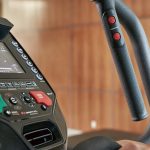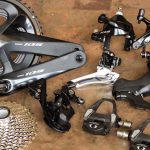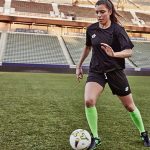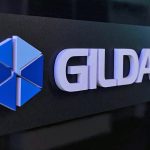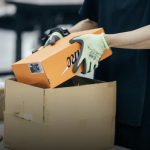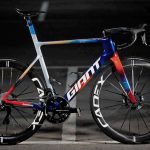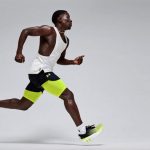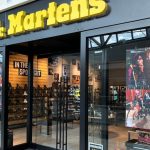The consumer shift many retailers and suppliers are seeing in the specialty market may be more permanent and lasting than most hope. The B.O.S.S. Report believes the U.S. consumer has taken a fundamental lesson from the last year and habits have clearly changed – especially when it comes to the pocketbook. Excess is out and saving is in. A market tour during the holidays found more people working the aisles at Marshalls, Wal-Mart and even Goodwill, people that previously spent like mad at Nordstrom and other luxe destinations. It is now cool to shop discount.
Analysts hoping for a mid-year turnaround may be disappointed. This is a fundamental shift in how people shop, which impacts how retailers buy and sell, that in turn has the obvious effect on how suppliers make and sell product. A retailer or vendor that doesnt attend a particular trade show this year for the first time may think they didnt miss anything. Retailers stocking the shelves with “sure bets” may think they have their bases covered. Brands that re-trench to the basics may find a market for their goods, but stymie long-term development. The risk this market takes is just how far it goes to pull back in an effort to keep the powder dry. Do we risk losing the edge that has made this market so dynamic for the last three or four decades? A new brand or concept missed at a trade show could be the next UGG. Only relying on the top brands will curtail innovation from the specialty brands that fuel much of the market.
With an acknowledged tough year ahead, B.O.S.S. takes a look at the year that was…
The Deals of the Year, 2008
Given the year-long recession, that the M&A market was relatively quiet should come as no major surprise. Indeed, most of the action of note came from the bicycle end of things as Dorel continued to expand its reach in the market. Otherwise, the serial consolidators like VF Corp. and Jarden were left to focus on synergies and digesting the businesses already acquired.
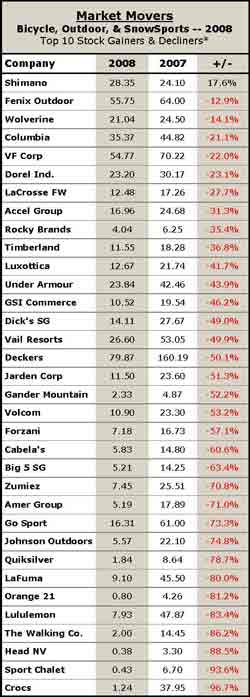
Dorel expanded its Pacific Cycle division to more actively pursue the IBD channel when it acquired Cannondale and in turn Sugoi. Dorel Industries paid Pegasus Capital Advisors between $190 million and $200 million to acquire Cannondale Bicycle Corp. Following the transaction, Dorel formed the Cannondale Sports Group, which include the Cannondale and Sugoi brands, as well as GT.
Also in the bike end of the outdoor segment, Shimano Inc., the Japanese cycling and fishing gear maker, reached an agreement to buy Pearl Izumi for $69.5 million in cash.
Nautilus had initially put the cycling and running brand on the selling block in October 2007. Nautilus acquired Pearl Izumi in July 2005 for approximately $68 million in cash and about $6 million in assumed debt.
Beaver Theodosakis and his co-founders took back prAna from Liz Claiborne with help from PE firm Steelpoint Capital Partners in a management led leveraged buyout. prAna was acquired by Liz Claiborne for $34.4 million in November 2005 as a first step toward building a coalition of young lifestyle brands that would span the outdoors, surf and boarding cultures. But just five months after the deal, Liz appointed a new CEO who promptly ordered a review of 16 of the company's 36 brands in the wake of declining department store sales.
At the same time as the prAna deal, Spyder Active Sports acquired Cloudveil Mountain Works, Inc.
In the outdoor specialty retail space, Nitches acquired Midwest retailer Backwoods Equipment Company. However, in October, Backwoods CEO, Jennifer Mull, re-acquired the business back from Nitches. Nitches itself now appears to be in some trouble facing a possibly de-listing from the NASDAQ exchange.
Also in outdoor specialty retail, lifestyle apparel maker Horny Toad acquired the Nau outdoor brand in August, including its trademark, URL, and all intellectual property such as product designs. In addition, the company acquired the physical assets of Naus design offices for an undisclosed sum. In early May, Nau announced it was winding down operations because it could not raise more money after burning through $34 million in cash in its first year. The high-profile start-up used the funds to launch a sustainable clothing line and sell it directly to consumers through its own website and stores.

